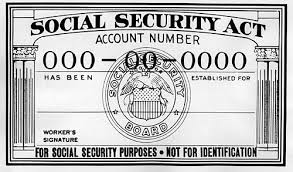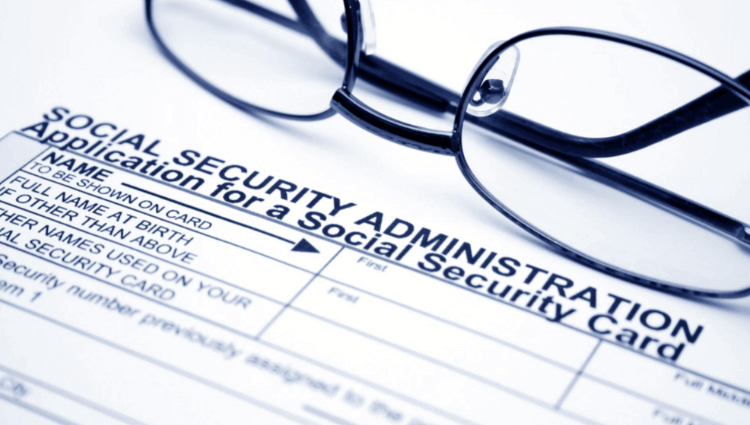One of the rituals of United States citizenship is applying for a Social Security number (SSN). The Social Security Administration uses this number to keep track of your work history to determine what benefits you will receive when you retire. The IRS uses the number to assist in reporting individual taxes and collecting and assigning Medicare and Social Security payments.

SSNs or ITINs for Aliens
If you are not a United States citizen, you may still apply for an obtain an SSN if you have an immigration status that allows you to become employed in the United States and you actually are employed in the United States. If you are not eligible to apply for a SSN, or you cannot meet the Social Security Administration’s evidence requirements for an SSN, you can apply for an Individual Taxpayer Identification Number (ITIN) instead. Obtaining an ITIN can be a complicated process. The IRS has published a guide about ITINs.
EINs
The number you need depends on the type of business ownership you have. If you are a sole proprietor, you will not need an EIN because all your income and loss from your business is reported on your individual tax return under your SSN. But if you have formed a limited or general partnership, a corporation or an LLC, you will need an EIN for the entity. The EIN performs the same function as the SSN for businesses. You will need it for tax purposes and also for withholding if you have employees. The bank will require a copy of your EIN notice to open a bank account.
Obtaining the EIN
The IRS now permits you to obtain an EIN online. You will be required to list your name, address and telephone; the date and place you organized your business; the name of the business; and the type of business it is.
Responsible Parties
The IRS defines a “responsible party” as “the true principal officer, general partner, grantor, owner or trustor.” This person or entity “controls, manages, or directs the applicant entity and the disposition of its funds and assets.” But there’s a catch. The responsible party
is the person who has a level of control over, or entitlement to, the funds or assets in the entity that, as a practical matter, enables the individual, directly or indirectly, to control, manage or direct the entity and the disposition of its funds and assets. The ability to fund the entity or the entitlement to the property of the entity alone, however, without any corresponding authority to control, manage, or direct the entity . . . does not cause the individual to be a responsible party.
Sometimes lawyers, or others, are asked to apply for EINs by aliens who have neither an SSN or an ITIN. You can’t do that without getting into trouble because you are not a “responsible party.” It will then be up to the alien to find someone who meets the definition of the “responsible party” to apply for an EIN.

